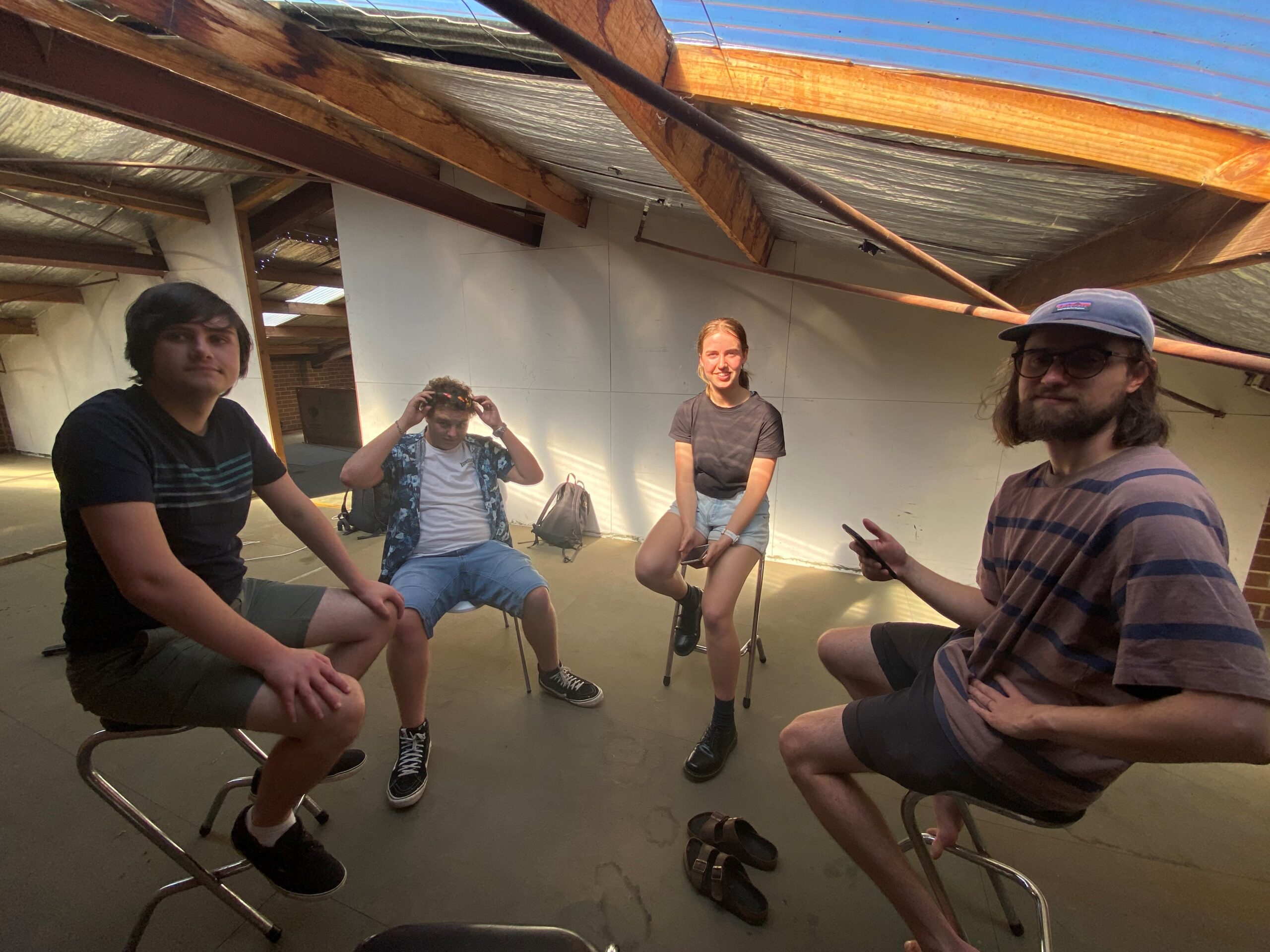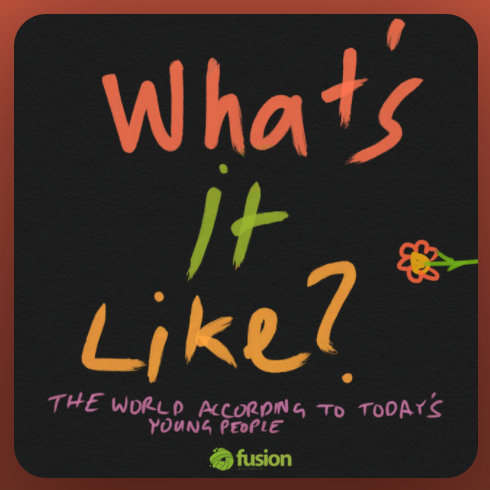Listening is an active process.
The best listeners use more than just their ears to engage with and understand what is going on underneath the words. They’re watching how things are being said, paying attention to what isn’t being said and even recognising when what is said, is just code for something else that can’t quite be captured in words.
Listening requires us to be vulnerable; allowing ourselves to be influenced by the thoughts and experiences of another. We can’t listen deeply while we are holding tight to our own opinions. Listening means being open to changing our world view as we enter the world of another person; perhaps seeing something from a different perspective and in a new way for the first time.
This is a big part of why listening to the story of another person is so powerful.
Who do we choose to listen to? Only listening to people from our own world reinforces what we already think is truth, rather than challenging us to look deeper and see past the attitudes we have inherited from family, friends and those like us.
Being a good listener doesn’t just happen by accident; it takes a personal investment of time and a willingness to change, grow and be vulnerable. It means making a choice to stop long enough to hear what life is like for another. It’s not a conversation you can drop in and out of, while you juggle the phone in your hand or the screen in your face. You can’t do it while listening to music pumping through the pods in your ears or while trying to convince someone to think the same way you do.
Listening takes self-discipline and a willingness to keep making the choice to stop, open to the voice of another and allow them to impact you. If we all made choices like this each and every day, our world could be a different place.

Image: What’s It Like? Podcast Presenters
As an organisation, we try to create spaces to magnify the voices of those on the margins, the people who don’t normally get to influence those around them. The young, the homeless, our Indigenous brothers and sisters, vulnerable parents and our respected elders.
What’s it Like?
That’s the question that only young people can answer, when it comes to understanding what it’s like to be a young person in this day and age.
What better way to do the listening than by using the latest in technology and communications? During last year, the Fusion team in Mornington created a space for young people living through a pandemic to engage with each other and express what life was like for them using a Facebook Forum.
“We saw a gap in the representation of young people in the Australian news media, particularly during pandemic coverage. The forum was an opportunity for their perspective to be represented,” shared Dean Moroney, Fusion Youth Worker.
With fewer restrictions now in place, in 2021 “What’s it Like?” has become a podcast and is available on all podcast listening platforms. The podcast takes listeners into the world of today’s young people. Sharing their experience as year 12 students and a TAFE student, Grace, Matt and Lachy delve into the issues and topics that matter to them; touching on mental health, adapting to change and other challenges facing young people today.

One of their upcoming episodes will focus on the recent Pilgrimage 21 experience, which helped young people from around the country engage with their local Indigenous story as part of their own journey to listen deeply to our First Nations people and the reality they are living. So, as listeners we’ll get to not only hear the voice of young people, but also the voice of Aboriginal people as it was heard through the Pilgrimage experience. Will we listen?
You can know what you really value by how much of your time, energy and life you give to it. Are we willing to value the next generation, and others who are not like us, by taking the time, making the commitment and listening deeply to the voices calling from the wilderness?
“What’s it Like?” We won’t know the answer to that question, until we stop to listen.